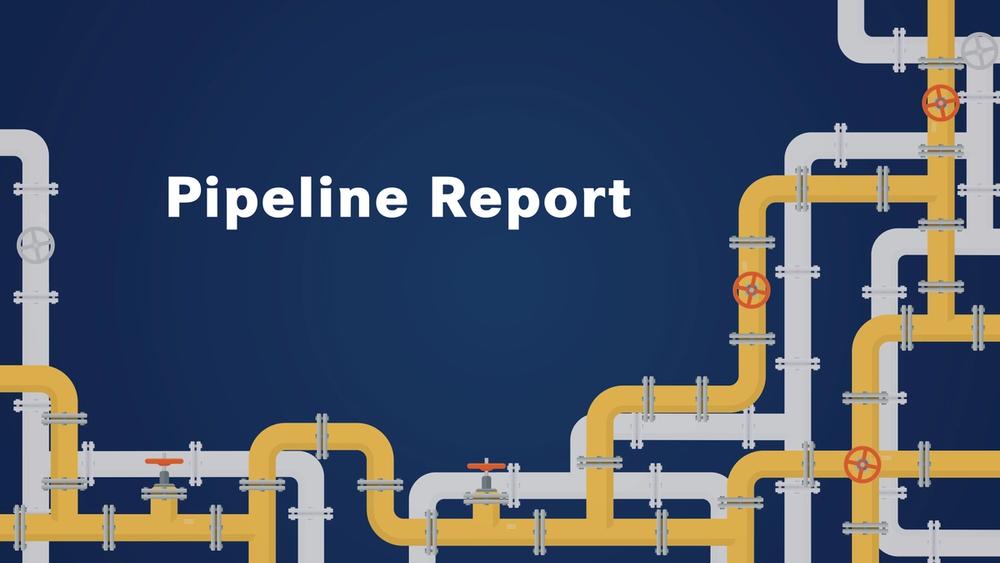
FDA Grants Orphan Drug Designation to NT-I7 for Glioblastoma Multiforme

The FDA has granted an orphan drug designation to NT-I7 for the treatment of patients with glioblastoma multiforme.
The FDA has granted an orphan drug designation (ODD) to NT-I7 (efineptakin alfa; rhIL-7-hyFc; GX-I7) for the treatment of patients with glioblastoma multiforme, according to an announcement from NeoImmunTech.1
NT-I7 is a novel, long-acting human IL-7 being developed in oncologic and immunologic indications. IL-7 is a fundamental cytokine for the development of naïve and memory T cells and for prolonging immune response to chronic or foreign antigens. The agent has been found to have favorable pharmacokinetic and pharmacodynamics, as well as a safety profile that makes it amenable for utilization in combination.
NT-I7 is currently being investigated in several clinical trials that are being done in solid tumors and as vaccine adjuvant. Currently, the agent is under investigation in patients with newly diagnosed glioblastoma multiforme in the phase 1/2 NIT-107 trial (NCT03687957). The agent is also being examined in combination with bevacizumab (Avastin) as a potential therapeutic option for those with recurrent disease, as part of the phase 2 NIT-120 trial (NCT05191784).
"We are excited that the FDA granted NT-I7 an ODD in the treatment of glioblastoma multiforme. This decision adds further credibility to our existing clinical evidence that NT-I7 has the potential to bring a new essential therapy option to people with advanced/metastatic glioblastoma multiforme who have undergone prior chemoradiation therapy,” Se Hwan Yang, PhD, president and chief executive officer of NeoImmuneTech, stated in a press release.
The phase 1 portion of the ongoing NIT-107 trial enrolled patients with newly diagnosed, high-grade glioma. To be eligible for enrollment, patients were required to have World Health Organization grade III, IV, or high-risk grade II gliomas in need of radiotherapy and temozolomide.2 Moreover, patients needed to have acceptable organ and bone marrow function, and a Karnofsky performance status of at least 60.
Patients could not have been receiving any other investigational agents that could potentially affect lymphocyte counts, nor could they have an active viral infection requiring systemic treatment at screening or active autoimmune disease.
Study participants were treated with concurrent radiotherapy and temozolomide plus adjuvant temozolomide every 4 weeks. One week after this was completed, NT-17 was given intramuscularly, every 12 weeks, for up to 4 doses.
The phase 1 portion of the research leveraged a 3+3 design to identify the maximum tolerated dose of NT-17. The double-blinded, placebo-controlled phase 2 study will have 10 patients in each arm.
The primary end points of NIT-107 are safety and tolerability in the phase 1 portion of the research; in phase 2, the end points include the percent increase of absolute lymphocyte count and PFS.3 Absolute lymphocyte count served as a secondary end point in phase 1, and immunogenicity serves as a secondary end point in both phases.
Preliminary data from the NIT-107 trial, which were presented during the 2021 SITC Annual Meeting, showed favorable trends in progression-free survival (PFS) and overall survival (OS) in patients who received NT-I7 following chemoradiotherapy.3 Moreover, the agent was also found to be well tolerated, and to prompt an increase in absolute lymphocyte count. Rapid increases in important cytokines and chemokines were also observed, indicative of immune activation. The phase 2 portion of the trial continues to enroll patients.
Additionally, the NIT-120 trial is enrolling patients who are at least 18 years of age, who have histologically diagnosed glioblastoma and have experienced confirmed disease progression following standard therapy with radiotherapy or concurrent chemoradiotherapy and/or adjuvant chemotherapy.4 To participate, patients are required to have a Karnofsky performance status of at least 60 or an ECOG performance status of 0 to 2 and a life expectancy of more than 12 weeks, as well as acceptable hematologic and organ function.
Patients will be excluded if they have malignancies other than the disease under study within 5 years prior to the first dose of study drug, have received bevacizumab or other VEGF inhibitors prior to study participation, a body mass index of 30 kg/m2 or more, confirmed intracranial hemorrhage, or clinically significant cardiovascular disease.
In this trial, patients will be administered 10 mg/kg of intravenous bevacizumab plus NT-I7, which will be administered intramuscularly. PFS and OS will serve as the co-primary end points of the trial. Secondary end points include objective response rate, duration of response, disease control rate, safety, and immunogenicity.
Other trials are being planned to evaluate NT-17 in hematologic malignancies, additional solid tumors, and other immunology indications.
“We look forward to continuing our collaboration with FDA, as we explore the benefits of NT-I7 in treating people with glioblastoma multiforme in combination with other anticancer treatments, including immunotherapies,” Yang added.
References
- FDA grants orphan drug designation (ODD) status to NeoImmuneTech's NT-I7 for the treatment of glioblastoma multiforme. Press release. NeoImmuneTech. July 13, 2022. Accessed July 15, 2022.
https://prn.to/3B1VZnI - rhIL-7-hyFc on increasing lymphocyte counts in patients with Newly diagnosed non-severe lymphopenic gliomas following radiation and temzolomide. ClinicalTrials.gov. Updated May 25, 2022. Accessed July 15, 2022.
https://clinicaltrials.gov/ct2/show/NCT03687957 - Zhou A, Rettig M, Foltz J, et al. NT-I7, a long-acting interleukin-7, promotes expansion of CD8 T cells and NK cells and immune activation in patients with newly diagnosed high-grade gliomas after chemoradiation. J Immunother Cancer. 2021;9:396. doi:10.1136/jitc-2021-SITC2021.396
- GX-I7 in combination with bevacizumab in recurrent glioblastoma (GBM) patients. ClinicalTrials.gov. Updated July 7, 2022. Accessed July 15, 2022.
https://clinicaltrials.gov/ct2/show/NCT05191784




































